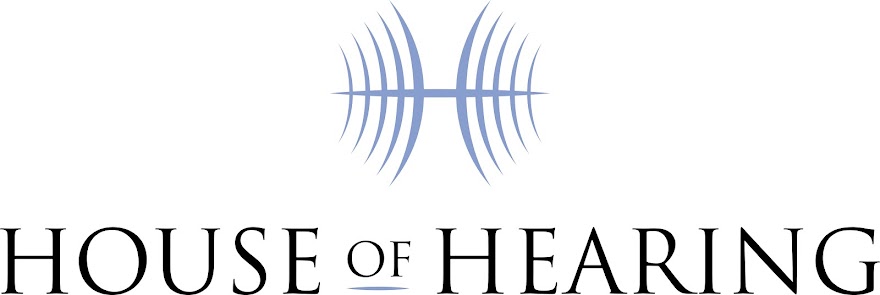
Our brains turn up the volume when we speak. Neurons in different parts of our brain decide what we hear. Our brains can filter out unwanted noise so that we can focus on what we are listening to. However, when it comes to our own speech, there is a network of volume settings, which can selectively silence and amplify the sounds we make and hear. These are the findings of a brain study from the University of California, Berkeley. Activity in the auditory cortex when we speak and listen is amplified in some regions of the brain and muted in others.
The auditory cortex is a region of the brain’s temporal lobe that deals with sound. In hearing, the human ear converts vibrations into electrical signals that are sent to relay stations in the brain’s auditory cortex where they are refined and processed. Language is mostly processed in the left hemisphere of the brain.
It used to be thought that the human auditory system was mostly suppressed during speech, but evidence has now been found of millions of neurons firing together every time we hear a sound, right next to millions of neurons ignoring external sounds but firing together every time we speak.
Such a mosaic of responses could play an important role in how we are able to distinguish our own speech from that of others. Until this study, it was not clear how the human auditory system was internally connected.



